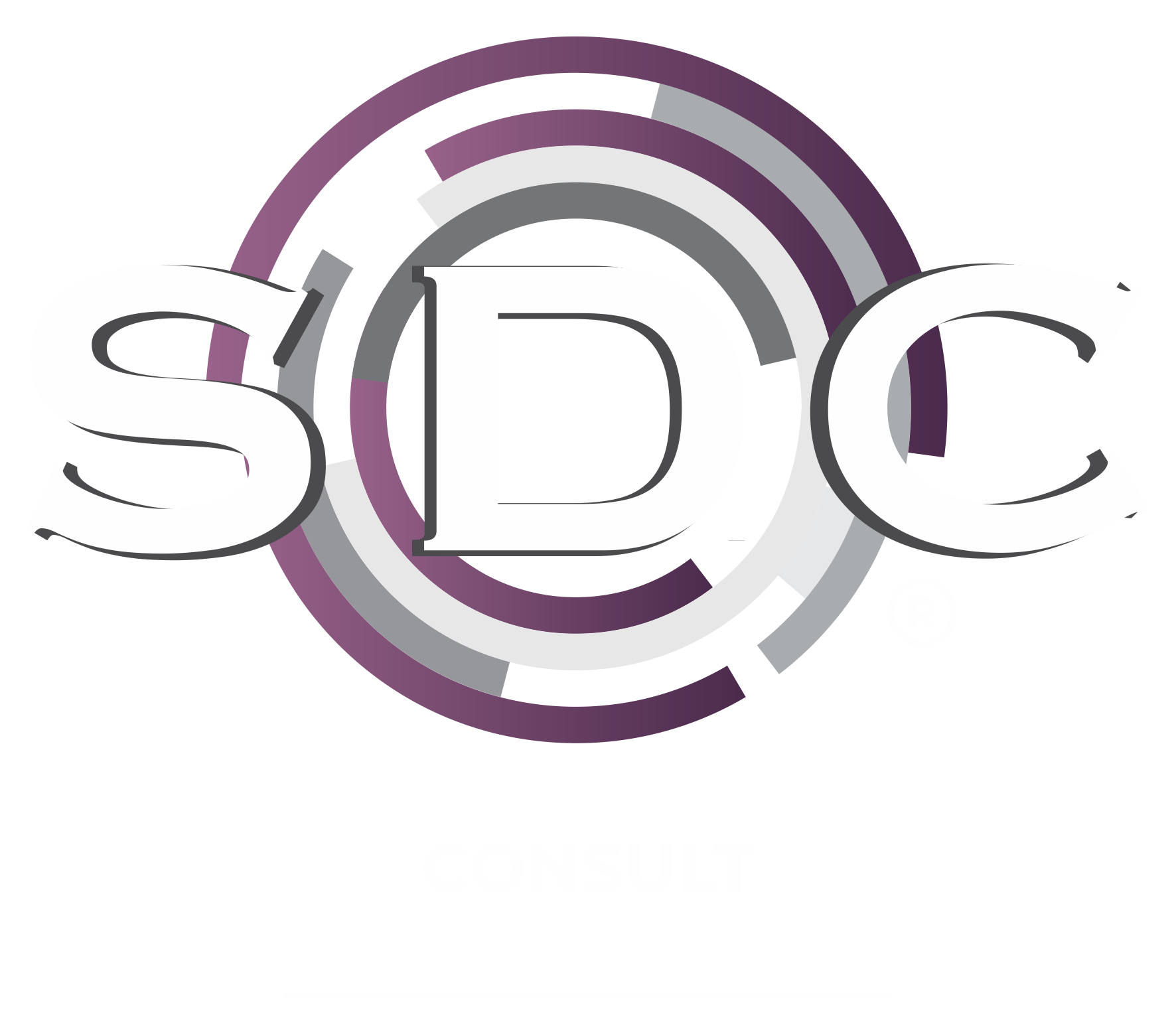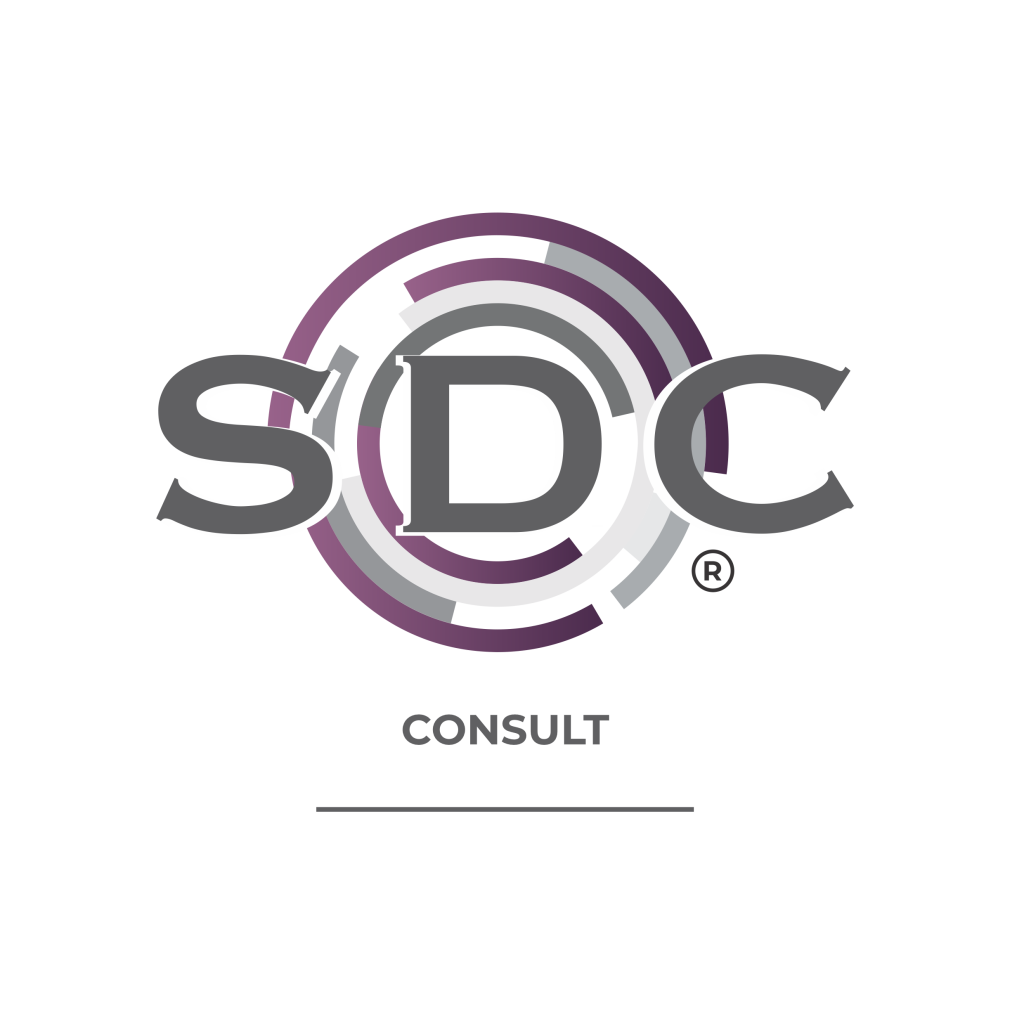
-
SDC Consult > Short Courses > Emotional Intelligence
Emotional Intelligence
Certification:
Received upon successful completion of the course.


Emotional Intelligence
Emotional intelligence (EI) refers to the ability to recognize, understand, manage, and effectively use emotions in oneself and in interactions with others. It involves being aware of your own emotions and the emotions of others, and using this awareness to navigate social situations, build relationships, and make decisions.
Emotional intelligence is considered a valuable skill in both personal and professional life. It can lead to improved relationships, better communication, and enhanced leadership capabilities. People with high emotional intelligence are often more successful in their careers and tend to have better mental and emotional well-being. It is important to note that emotional intelligence can be developed and improved through self-awareness, practice, and learning from experiences.

Course Index
- Introduction to emotional intelligence
- Areas of emotional intelligence
- Self-awareness
- Self-management
- Social awareness
- Relationship management
- How to raise emotional intelligence
What can be learned.
Self-awareness:
This involves recognizing and understanding your own emotions, as well as being aware of how your emotions can affect your thoughts and behaviours. Self-aware individuals can accurately assess their strengths and weaknesses.
Self-regulation:
Self-regulation is the ability to manage and control your own emotions and impulses. It involves staying calm under pressure, managing stress, and avoiding impulsive or destructive behaviours.
Motivation:
Emotionally intelligent individuals are often self-motivated and have a strong sense of purpose. They are driven by personal goals and are resilient in the face of setbacks.
Empathy:
Empathy is the ability to understand and share the feelings of others. It involves being able to “put yourself in someone else’s shoes” and see the world from their perspective. Empathetic individuals are better at understanding the needs and concerns of others.
Social skills:
Social skills include effective communication, conflict resolution, and the ability to build and maintain positive relationships. Emotionally intelligent people are skilled at managing interpersonal dynamics and working collaboratively with others.
Available Platforms:
- Face-to-face at one of our training venues.
- Online via Microsoft Teams.
Check-in time is at 8:15, introduction starts at 08:30 to 09:00am
Course Includes:
Tea, coffee, cookies, 2 sweets, water, pen, manual and a light snack for lunch. The courses usually end around 13:00 depending on the size of the company as well as the number of questions during the course.
Break Times:
There will be a break at 10:30 that includes tea, coffee, and a muffin. The course will commence at 11:00 to 13:00.
